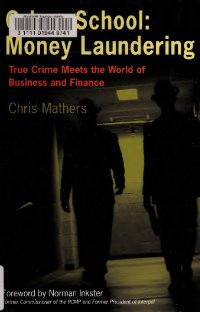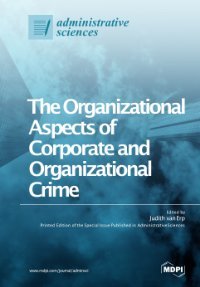By Stephanie Holmes Didwania
Fraud is one of the most prosecuted crimes in the United States, yet scholarly and journalistic discourse about fraud and other financial crimes tends to focus on the absence of so-called “white-collar” prosecutions against wealthy executives. This Article complicates that familiar narrative. It contains the first nationwide account of how the United States actually prosecutes financial crime. It shows—contrary to dominant academic and public discourse—that the government prosecutes an enormous number of people for financial crimes and that these prosecutions disproportionately involve the least advantaged U.S. residents accused of low-level offenses. This empirical account directly contradicts the aspiration advanced by the FBI and Department of Justice that federal prosecution ought to be reserved for only the most egregious and sophisticated financial crimes. This article argues, in other words, that the term “white-collar crime” is a misnomer.
To build this empirical foundation, the Article uses comprehensive data of the roughly two million federal criminal cases prosecuted over the last three decades matched to county-level population data from the U.S. Census. It demonstrates the history, geography, and inequality that characterize federal financial crime cases, which include myriad crimes such as identity theft, mail and wire fraud, public benefits fraud, and tax fraud, to name just a few. It shows that financial crime defendants are disproportionately low-income and Black, and that this overrepresentation is not only a nationwide pattern, but also a pattern in nearly every federal district in the United States. What’s more, the financial crimes prosecuted against these overrepresented defendants are on average the least serious. This Article ends by exploring how formal law and policy, structural incentives, and individual biases could easily create a prosecutorial regime for financial crime that reinforces inequality based on race, gender, and wealth.
Northwestern Law & Econ Research Paper Forthcoming, outhern California Law Review, Vol. 97, 2024, 54 pages





















